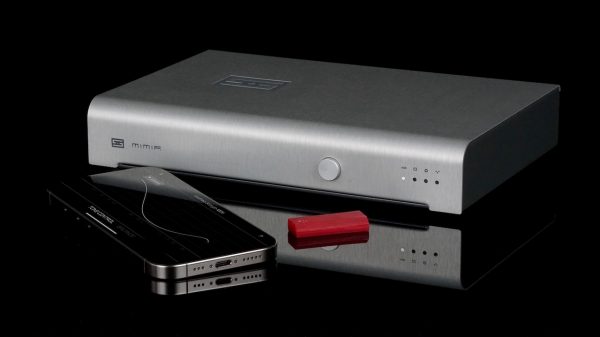In today’s business world the need for a reliable and efficient computer network system can’t be overstated. For most companies their computer network is the lifeline to their business and when a problem arises within the system it presents potentially devastating effects. This is because a company depends upon their network to not only carry out tasks within an office but to communicate with current and potential customers and clients on a global scale as well.
The functionality of a company’s computer network system could be the difference between a business reaching their financial goals and a business struggling to stay afloat. With so much at stake it would seem obvious that a company would take the necessary steps to safeguard their network from anything that would damage their network. While taking precautionary measures makes sense, the truth is, it is often overlooked.
Reasons for why a company would fail to protect the health of their computer network system are far reaching but can usually be traced to a lack of knowledge about what they need to do to keep their system safe. More often than not these companies are under the impression that their computer network is secure because they have installed the latest virus protection software.
Unfortunately, these companies soon discover that their virus protection does little to prevent a crippling computer disease like fragmentation.
Like any disease, fragmentation thrives when it’s ignored and when left untreated long enough it will almost certainly end the life of a company’s computer network. In an almost methodical manner it causes the network to slow to such a degree that the hard drive just crashes, causing massive problems for any company relying on their computers.
Fragmentation is the result of a hard drive’s method of storing saved files and is not the result of a virus. This means that any software installed on a hard drive to protect against hazardous files won’t prevent fragmentation from occurring.
A hard drive saves files in space just large enough to hold the information that is being saved. Each file saved is stored in a contiguous manner, leaving absolutely no room for a created file to be modified, added to, or deleted without causing an adverse effect to the hard drive. When somebody opens a saved file, makes additions, and resaves the file the hard drive is forced to cut the added information and save it in another space, this, in essence is fragmentation. The next time somebody tries to pull that file up it will take the hard drive longer to deliver the file because it is forced to find all the pieces.
While that may seem harmless it is important to remember how many files are saved each time a computer is turned on. Whether its checking email, browsing the Internet, or opening documents, a computer’s hard drive saves thousands of files in any given day. That kind of volume on a network’s hard drive presents the potential for a tremendous slowdown for a company and all areas of its business.
Despite the cataclysmic effects of untreated fragmentation there is a simple solution that will protect a company from ever experiencing such a case. By installing defragmentation software on a computer network’s hard drive a company can clean its system of fragmented files and prevent a re-occurrence of these files. Once installed, defrag will gather all the fragmented pieces of a file and save them in one space. Defrag then continues to ensure that those files don’t become fragmented.
The elimination of fragmented files then restores a hard drive to its optimal speed, allowing a computer network to efficiently handle the workload of any company.























